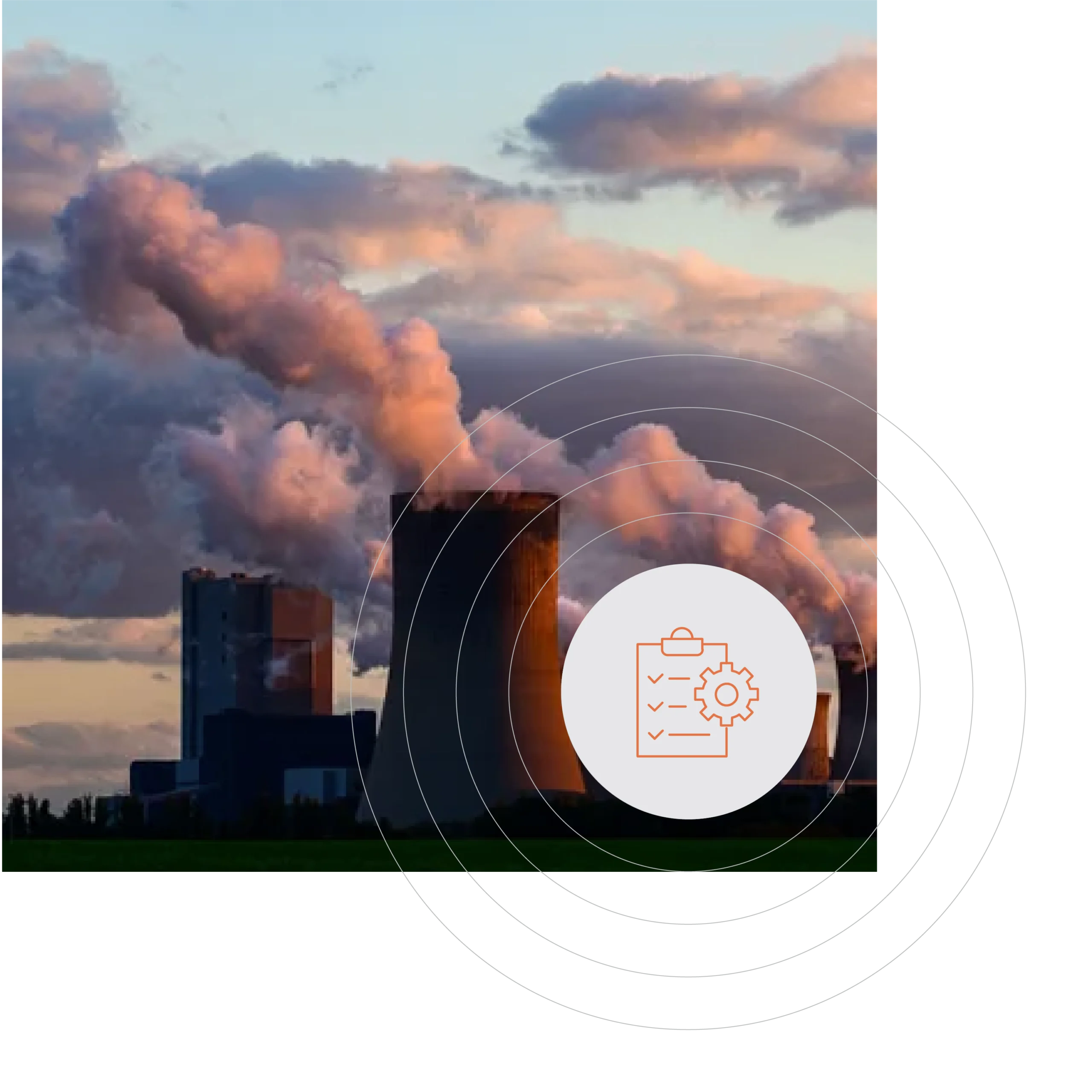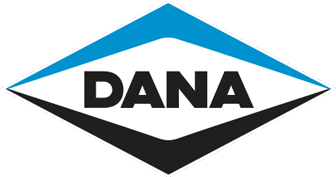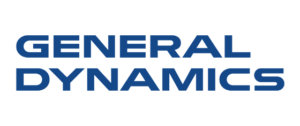
What is the Carbon Border Adjustment Mechanism (CBAM)?
The EU Carbon Border Adjustment Mechanism (CBAM) is a groundbreaking regulation that aims to equalize the cost of carbon emissions on domestic and imported goods. This helps prevent “carbon leakage,” ensuring a level playing field for manufacturers globally and encouraging the adoption of cleaner practices. CBAM specifically targets high-emission goods — including steel, iron, aluminum, fertilizers, cement, hydrogen, and electricity — and applies significant new compliance requirements for companies operating in or importing into the EU.
How CBAM impacts your business
CBAM affects any business that imports carbon-intensive products into the EU or exports them from non-EU countries, including the UK. Starting in 2026, noncompliance will result in significant financial impact, so preparation is imperative. Companies that are proactive in understanding and calculating the embedded emissions of their products can reduce compliance costs and avoid supply chain disruptions.

Connect with our experts
Ready to simplify your CBAM compliance? Our experts are here to help you through this transitional period and beyond.
Overcome your biggest compliance challenges
Sphera’s Solution Takes the Stress Out of Compliance
Sphera’s CBAM solution offers industry-leading software and consulting services to address the intricacies of CBAM compliance.
Gathering supplier data
Collecting supplier-specific emissions data can be challenging and error-prone. Sphera’s automated tools simplify the process by gathering accurate data from the supply chain to provide automated calculation tools and transparency. With all your data centralized, compliance is easier, and the risk of manual errors is greatly reduced to save you time and effort.


Accurate automated emissions calculations
Calculating embedded emissions can be complex and inconsistent without the right tools. Sphera’s platform automates these calculations for both direct and indirect emissions for increased accuracy and compliance. Our system conforms to the EU guidelines and is constantly maintained to meet the evolving regulation, so your emissions data is always up-to-date and reliable to reduce compliance costs.
Compliance-ready templates
Preparing regulatory reports is an intensive process, especially given the evolving nature of CBAM regulations. Sphera’s software solution includes compliance-ready templates that compile emissions data using the specific output required by CBAM to reduce administrative burden for both importers and exporters.


Optimize compliance strategies
A cost-effective CBAM strategy should be about more than just meeting regulatory requirements. Sphera provides insights to help you improve data insights and optimize supplier relationships, with the ultimate goal of reducing compliance costs. By proactively managing compliance, you strengthen your supply chain sustainability, build a competitive edge, and improve the likelihood of long-term success.
Simplify compliance with Sphera’s full-service solutions
Whether your company is just beginning to tackle CBAM requirements or already has an established compliance framework, Sphera can meet your needs. With our flexible solutions—including software, consulting, or a combination of both—you’ll be ready for every challenge CBAM presents.
Audit-ready platform
Requirements for third party assurance of submitted CBAM data is scheduled to come into effect at a coming date. By using Sphera’s CBAM solution, your calculation process is documented, stored, accessible, and exportable, helping you stay prepared for compliance.
Automated data collection
Simplify and accelerate data collection across all CBAM commodities to offer full transparency. Importers can easily collect supplier emissions data for reporting and compliance cost management. Exporters can calculate their CBAM emissions data and submit it to their customers.
Real-Time monitoring and reporting
Get real-time monitoring of emissions data and automatically compiled detailed reports that align with CBAM’s stringent requirements, making it easier to submit compliance-ready documentation to EU authorities.
Consulting services
Take advantage of specialized expertise to guide you at every step of the process. Our consultants bring in-depth knowledge of CBAM to help businesses exceed compliance expectations.
Reduced compliance costs
Optimize costs with our data-driven insights, helping you reduce unnecessary spending while maintaining compliance.
For decades, Sphera has helped industry leaders worldwide measure and manage carbon emissions. We’ve baked that expertise into our CBAM solution. Our clients trust us for our accuracy, reliability, and depth of expertise.
Stay compliant and take control of risks with Sphera
Ready to simplify your supply chain compliance and take control of your sustainability journey? Connect with us now.
More Information on CBAM Compliance
Why does CBAM matter?
CBAM is essential for advancing the EU’s decarbonization goals while preventing unfair business practices. This regulation supports the EU Emissions Trading System by integrating carbon pricing on imports to drive emission reductions beyond EU borders. The resulting changes in operations encourage global participation in reducing carbon footprints.
When do CBAM reporting requirements begin?
CBAM reporting requirements began on October 1, 2023, with the first quarterly reports due by January 31, 2024. The transitional period runs until 2026, after which the full mechanism takes effect and compliance fees initiate.
What information needs to be reported under CBAM?
Importers must report the quantity of goods imported and their embedded greenhouse gas emissions, including both direct and indirect emissions from production.
Which commodities are affected by CBAM?
The following high-emission commodities will be affected by the first phase of CBAM. The product scope will be reviewed as the transition progresses. Other goods produced in sectors covered by the EU ETS are expected to be added to this scope in additional phases.
- Cement
- Iron and Steel
- Aluminum
- Fertilizers
- Electricity
- Hydrogen
Are there penalties for non-compliance with CBAM reporting?
Yes, non-compliance with CBAM requirements can lead to significant financial repercussions, including:
- Monetary Penalties – Fines ranging from €10 to €50 per ton of unreported equivalent emissions.
- Additional Corrective Actions – Importers may be required to implement corrective measures if discrepancies are identified in their CBAM reports.
Further failure to comply with CBAM reporting can also lead to import restrictions and additional scrutiny from EU regulatory authorities. This may impact the company’s ability to do business within the EU market.
How can companies prepare for CBAM compliance?
Companies can prepare by implementing robust emissions monitoring and reporting systems, analyzing their supply chains, and potentially adjusting sourcing strategies to minimize CBAM costs.
Does CBAM apply to small quantity imports?
CBAM includes a de minimis exemption for consignments where the total value of CBAM goods does not exceed EUR 150. Importers of very small quantities should check if this exemption applies to them.
Will CBAM requirements change in the future?
Yes, CBAM is expected to evolve. The full mechanism, including the purchase of CBAM certificates, will begin in 2026. Additional sectors may be added in the future, and reporting requirements may become more stringent.






